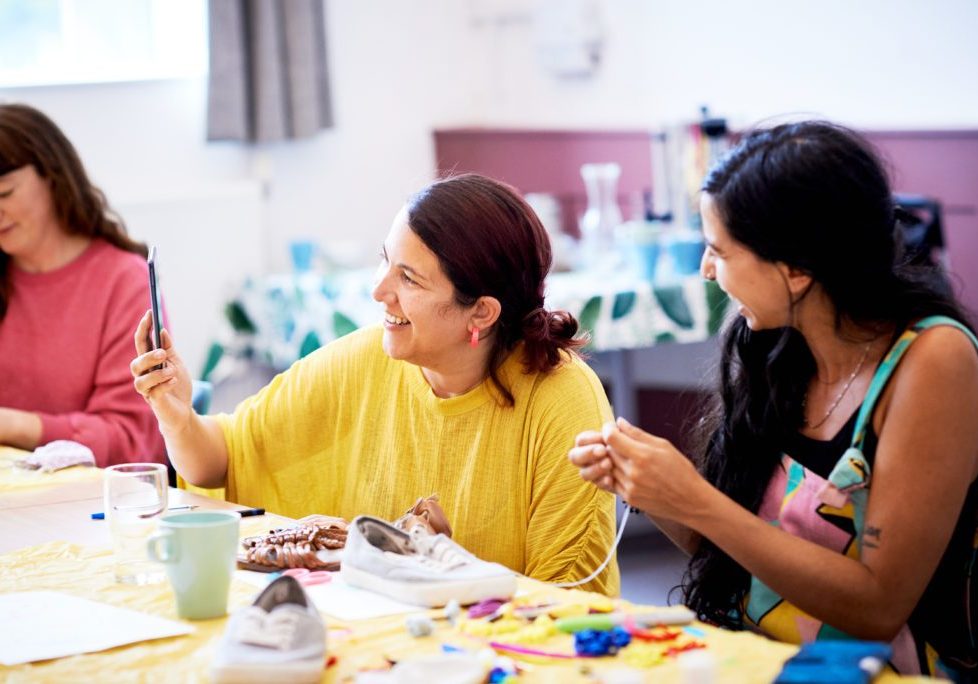
What you may be feeling
Information and support for victim-survivor’s family and friends, who may experience many of the same emotions.
As the family or friends of a victim-survivor, you may feel helpless and angry that the event has disrupted your life. You may blame yourself for not protecting the victim-survivor. You may also experience impatience and denial, wanting to go back to the way things were before the violence.
Sometimes family and friends can feel frustrated or bewildered about how dealing with an event, recent or historic, can have such a big impact. It may be helpful to remember that you cannot be expected to understand what the victim-survivor is experiencing. Even if you have been through similar sexual violence, everyone reacts differently, so do not be surprised if they react and cope in their own unique way.
It is important to remember that it is not your fault if you could not stop the violence; only the perpetrator is to blame. Equally, supporting a survivor doesn’t work like magic. Don’t be disheartened if giving a listening ear doesn’t initially seem to help. Sometimes, when a survivor first begins to talk about historical trauma, bringing up the memories means that things can get worse before they get better.
Supporting a survivor can be difficult, even overwhelming at times. If a survivor has confided in you but no-one else, or has few other sources of support, it is easy to feel as though you are responsible for their well-being, but this is not the case. Their healing is in their own hands; they have been incredibly strong to survive so far, so there is every reason to believe that they have the emotional resources to face the future. Also, you cannot support them single-handedly; at the very least, you must have your own source of support (if necessary, an anonymous one, such as SARSAS or other helplines).
Talking about traumatic things can be traumatising for the listener too. Take care of yourself, especially if you have a history of sexual violence too. Think carefully about what support you can realistically offer, so as not to let them down. It is more important to live up to their trust than to wear yourself out initially and then have to withdraw.
The latest from our news and blogs

Making Waves: building confidence and connection on the water
Earlier this year, we partnered with All-Aboard Watersports – a charity that helps people access watersports in the heart of Bristol Harbour. Together, we ran a weekly group for eight survivors currently waiting for support with SARSAS.












